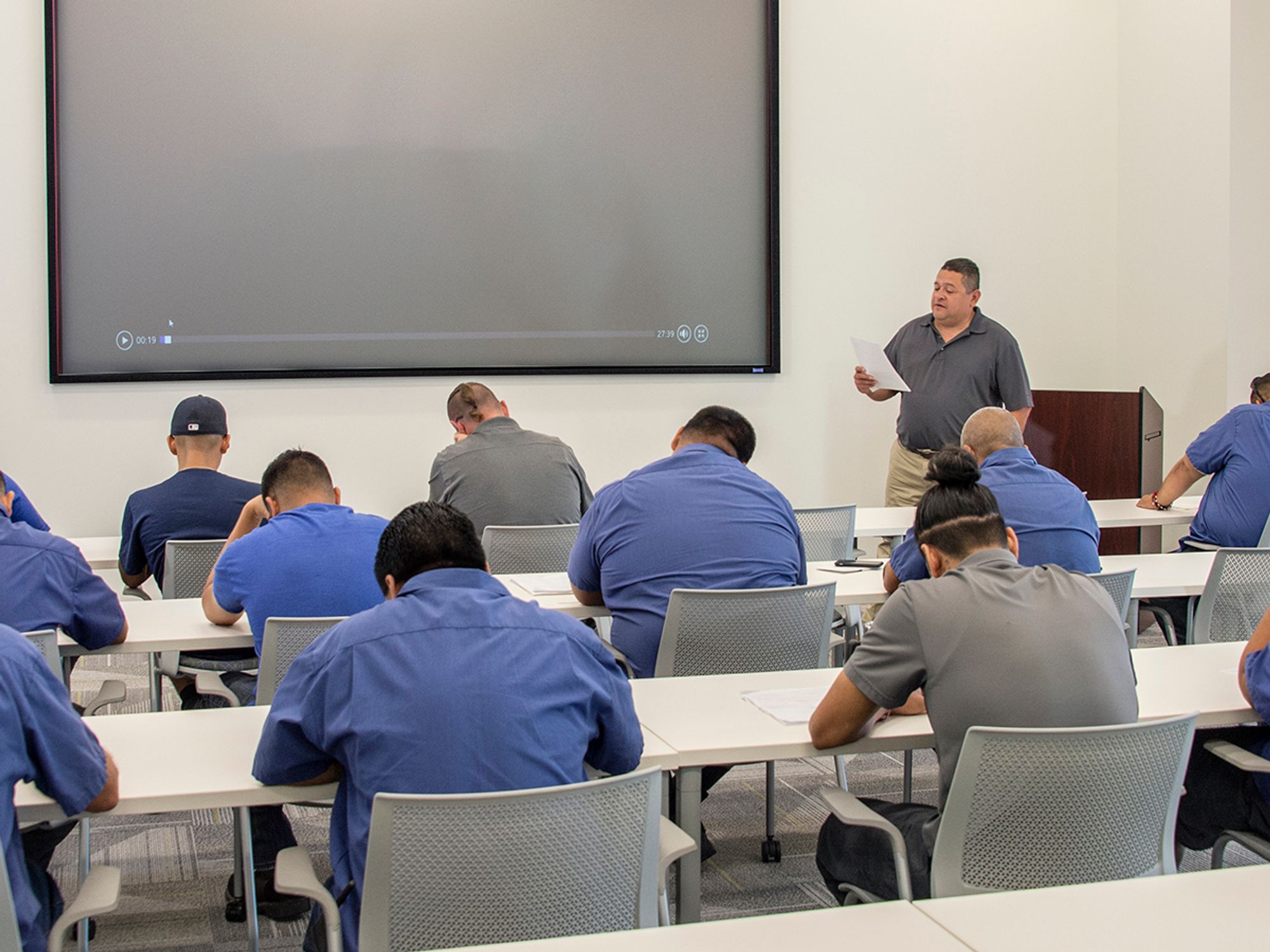InstituteSafety and Health Programs and TrainingTraining & DevelopmentSafety and Health Programs and TrainingFocus AreaHuman ResourcesEnglishAnalysisIn Depth Sub Topics (Level 4)USA
Principles of adult education
['Safety and Health Programs and Training']

- Apply principles of adult education to the training programs.
The following are the basic principles of how adults learn, which is directly applicable to safety and health training programs:
- Adults are voluntary learners: Most adults learn because they want to. They learn best when they have decided they need to learn for a particular reason.
- Adults learn needed information quickly: Adults need to see that the subject matter and the methods are relevant to their lives and to what they want to learn. They have a right to know why the information is important to them.
- Adults come with a good deal of life experience that needs to be acknowledged: They should be encouraged to share their experiences and knowledge.
- Adults need to be treated with respect: They resent an instructor who talks down to them or ignores their ideas and concerns.
- Adults learn more when they participate in the learning process: Adults need to be involved and actively participating in class.
- Adults learn best by doing: Adults need to “try-on” and practice what they are learning. They will retain more information when they use and practice their knowledge and skills in class.
- Adults need to know where they are heading: Learners need “route maps” with clear objectives. Each new piece of information needs to build logically on the last.
- Adults learn best when new information is reinforced and repeated: Adults need to hear things more than once. They need time to master new knowledge, skills, and attitudes. They need to have this mastery reinforced at every opportunity.
- Adults learn better when information is presented in different ways: They will learn better when an instructor uses a variety of teaching techniques.
